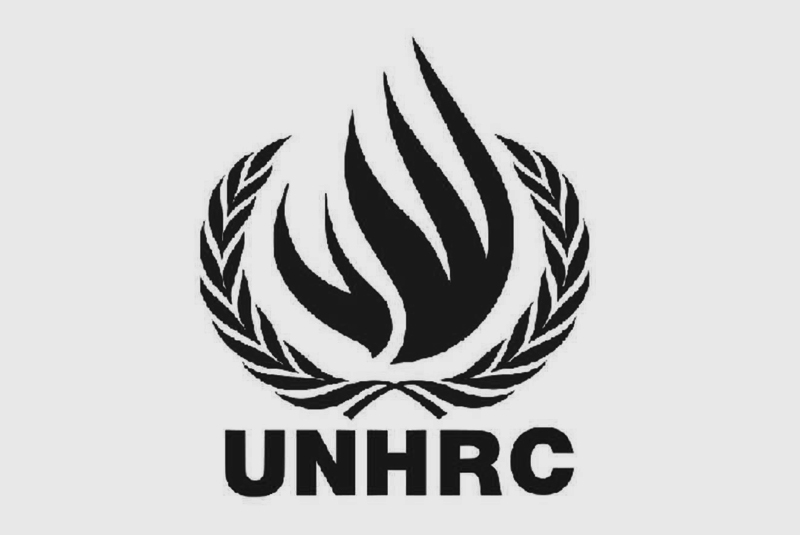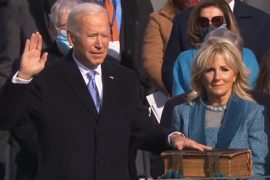A few days ago, the U.N. High Commissioner for Human Rights (HCHR) moved an intervention application in the Supreme Court of India on the Citizenship Amendment Act (CAA), and sent a communique to India’s Permanent Mission in Geneva about it.
This unprecedented move by the UNHRC has stunned Delhi. In response, the Ministry of External Affairs reacted apoplectically, maintaining that the CAA is India’s “internal matter.” Arguing that the Indian Parliament has the sovereign right to make laws, the MEA spokesperson Raveesh Kumar said:
We strongly believe that no foreign party has any locus standi on issues pertaining to India’s sovereignty.
Let us look at the big picture and find out whether Government of India’s (GOI) reaction is appropriate and reasonable. The Citizenship Amendment Bill was introduced by the Minister of Home Affairs, Amit Shah, on December 9, 2019, and was passed the next day – December 10, 2019.
We fail to understand why Shah was in such a hurry to push through such an important legislation without a comprehensive debate and discussion. In a healthy democracy, a Standing Committee would have discussed it and given its recommendations. Evidently, the manner of the passage of the CAA does not improve India’s standing as a democracy.
-30-
Copyright©Madras Courier, All Rights Reserved. You may share using our article tools. Please don't cut articles from madrascourier.com and redistribute by email, post to the web, mobile phone or social media.Please send in your feed back and comments to [email protected]











